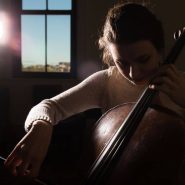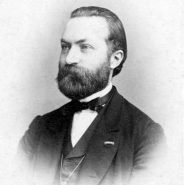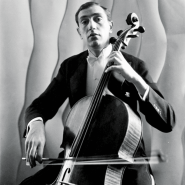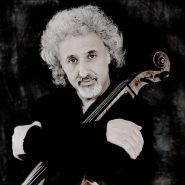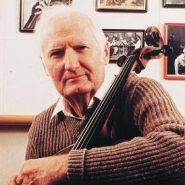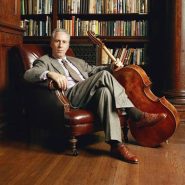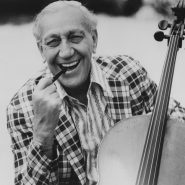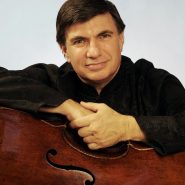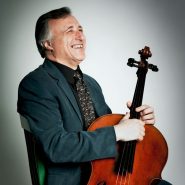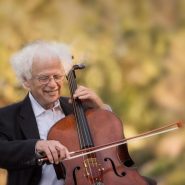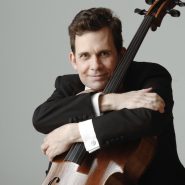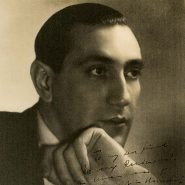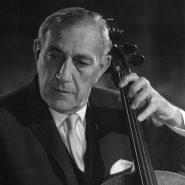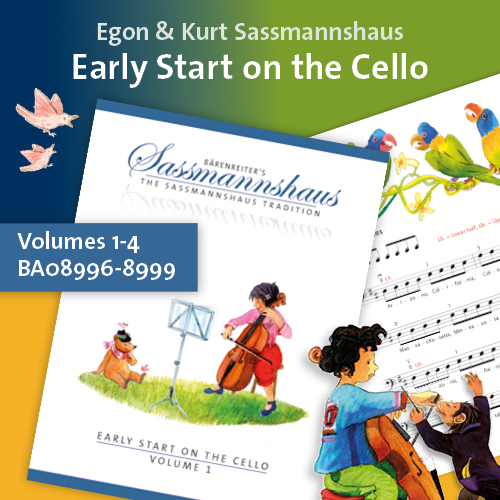Tag: Gregor Piatigorsky
By Janet Horvath April 10, 2022
By Janet Horvath March 18, 2022
Subjects Historical
Tags Alexander Wierzbilowicz, Alfred von Glehn, Antonio Janigro, Armenian School, Bernard Greenhouse, Carl Fuchs, David Soyer, Davidov Cello Concerto, Diran Alexanian, Enesco, Feuermann, Fournier, Franco-Belgian School, Friedrich Grützmacher, German School, Gregor Piatigorsky, Hanus Wihan, Hugo Becker, Janet Horvath, Joseph Joachim, Julius Klengel, Karl Davidov, Leo Stern, Mischa Schneider, Pablo Casals, Raya Garbusova, Russian School, Schools of Cello Playing
By Robert Battey March 16, 2022
By Tim Janof January 17, 2022
By Tim Janof August 15, 2021
By Tim Janof January 17, 2021
By Tim Janof November 11, 2020
By Tim Janof September 29, 2020
By Tim Janof August 28, 2020
By Brinton Smith April 12, 2017
